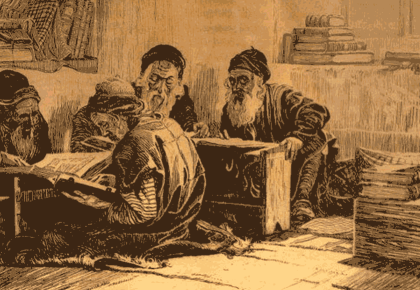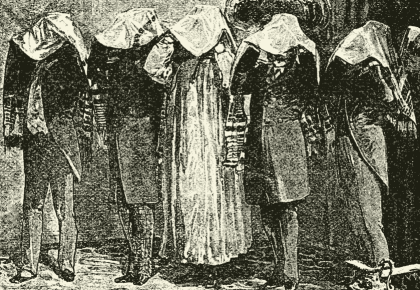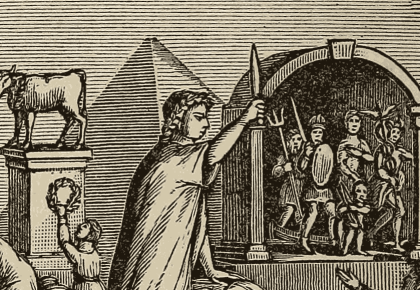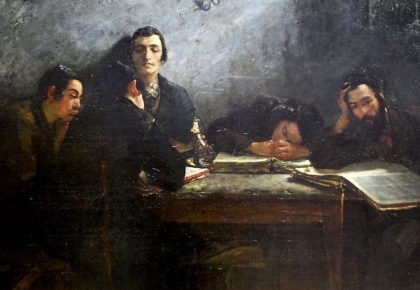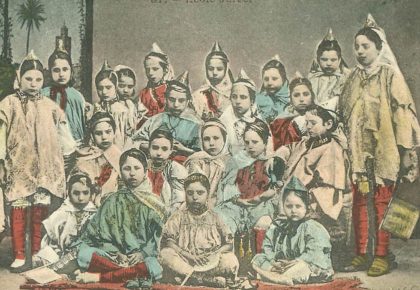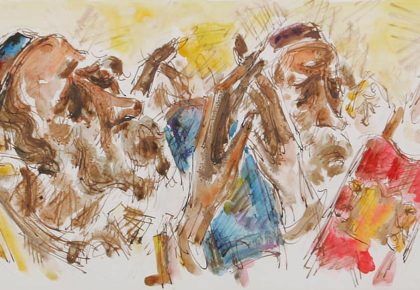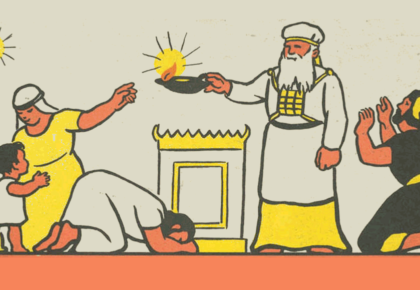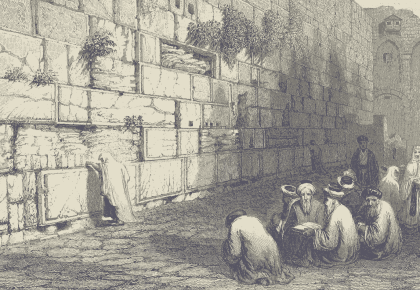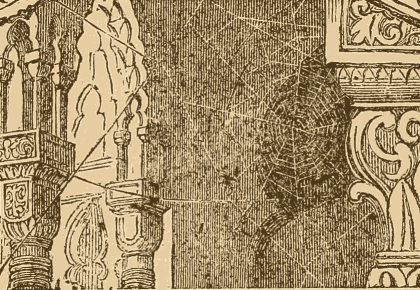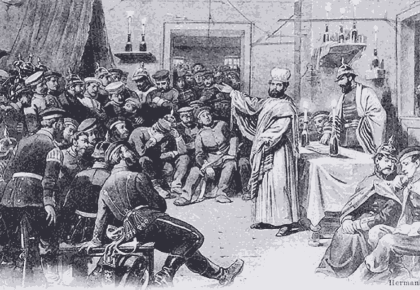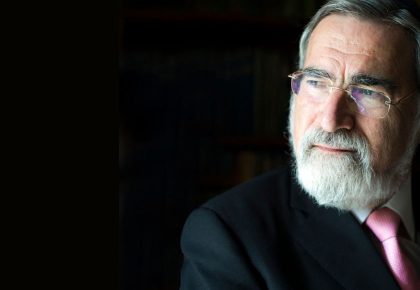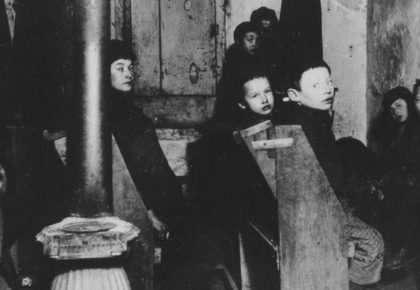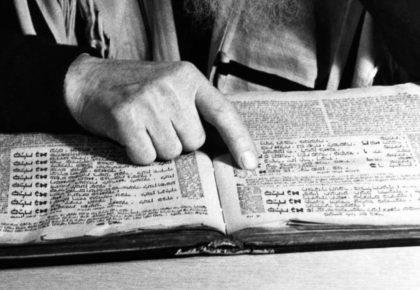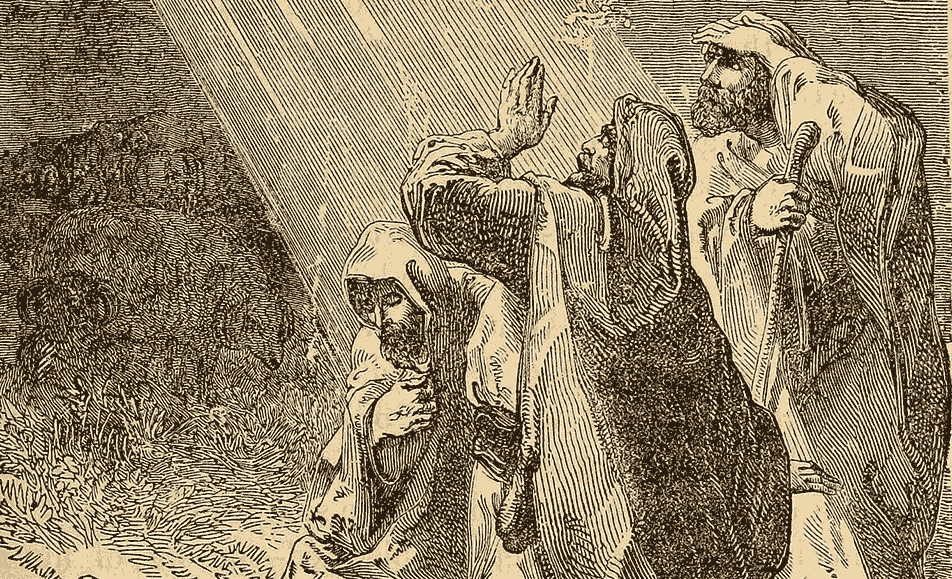I’m wondering if anyone can help me with these clarificatory questions that have arisen after reading Professor Stump’s thoroughly interesting article. 1) As Stump presents Saadia, he is of the opinion that those who are mostly righteous are punished in...
- October 14, 2011
- 3 Min Read
In the recent past John Hick has produced a significant amount of material defending a particular kind of religious pluralism. Even if one disagrees with Hick’s version thereof, a religion’s theological flexibility to incorporate a just pluralism of one sort...
- September 21, 2011
- 3 Min Read
There is an argument known as the Kuzari Principle. It tries to justify belief in whole swathes of the Biblical narrative, especially in the revelation at Mount Sinai. In this blog post, I hope to show that the argument is much stronger than it might seem. The name of the argument is slightly unfair, as it was first put forward not in R. Yehuda Halevi's Kuzari, but in Saadya Gaon's Emunot Vadeot.
- September 21, 2011
- 23 Min Read
Rosh Hashana is a day to contemplate the need for great Jewish Ideas. A day to think big. To get out of our compartmentalized boxes. Hayom Harat Olam: Today the world is born. On Rosh Hashana the world should be newly created. This is specifically important for the future of Judaism.
- September 20, 2011
- 16 Min Read
Rabbi Dr. Nathan Lopes Cardozo Does Judaism really need animal sacrifices? Would it not be better off without them? After all, does the sacrificial cult not compromise Judaism? What does a highly ethical religion have to do with the collecting...
- September 14, 2011
- 7 Min Read
Since the foundation of this blog, I have slowly come round to the following questions. These questions are not posted here because I have something by way of an answer to them; something that I’d wish to share. I don’t...
- September 1, 2011
- 3 Min Read
I’m marrying someone in a couple weeks. A lot of drama has arisen over his not being “Jewish” which made me wonder how the property of “being Jewish” works. First, the word “Jewish” can mean lots of different things. Here...
- August 23, 2011
- 4 Min Read
In our discussions of Eli Hirsch’s paper, this week, Aaron Segal raised the following criticism of Hirsch’s general approach to the Talmud. Segal said: ‘We might wonder whether Hirsch’s assumption [that the disputants in the Talmud were making claims...
- August 17, 2011
- 51 Min Read
There is certainly much of interest in this excellent article both for philosophers and for Talmudists (and even more for those who are both). I want to focus on just one issue, which is briefly addressed at several points...
- August 15, 2011
- 8 Min Read
I have read Professor Hirsch’s paper with much interest and enjoyment. I think that his article provides a benchmark for good scholarship in the philosophy of Judaism. I have a few questions on the paper, all of which are clarificatory....
- August 15, 2011
- 2 Min Read
After a discussion I had with my brother about the nature of Torah study (is it merely an intellectual exercise or something more?) I started wondering about the following issue after he quoted a relevant point related to Tisha be’Av,...
- August 10, 2011
- 6 Min Read
Having spent some time thinking about medieval approaches to the freewill problem – the apparent contradiction between God’s foreknowledge and our freedom – Rabbi Herzl Hefter introduced me to the work of the Chassidic Rebbe, R. Mordechai Yosef Leiner, otherwise...
- August 3, 2011
- 13 Min Read
by Ben Elton Leopold Zunz (1794-1886) famously remarked that the Jewish Middle Ages did not come to an end until the French Revolution. He was making the important point that a state or religion does not become modern simply because...
- August 2, 2011
- 5 Min Read
When we established this blog, I wrote to the Chief Rabbi of the United Hebrew Congregations of the Commonwealth, Lord Sacks. He is surely one of the greatest living rabbis and one of the greatest living Jewish philosophers/thinkers/leaders, so, I...
- August 1, 2011
- 6 Min Read
So if one reads the philosophical literature on God’s relationship to time (e.g. Leftow, Swinburne, Plantinga, Hasker, Wierenga), one encounters the following phenomenon: those arguing for God’s being outside of time will draw on certain biblical verses in support of...
- July 27, 2011
- 3 Min Read
What on earth is the philosophy of Judaism?
There are six elements. Each has roots in the Pentateuch. It is part of the mystery of Jewish identity that these principles produce techniques that are fecund and unembarrassing in the hands of avowed secularists.
- July 25, 2011
- 7 Min Read

